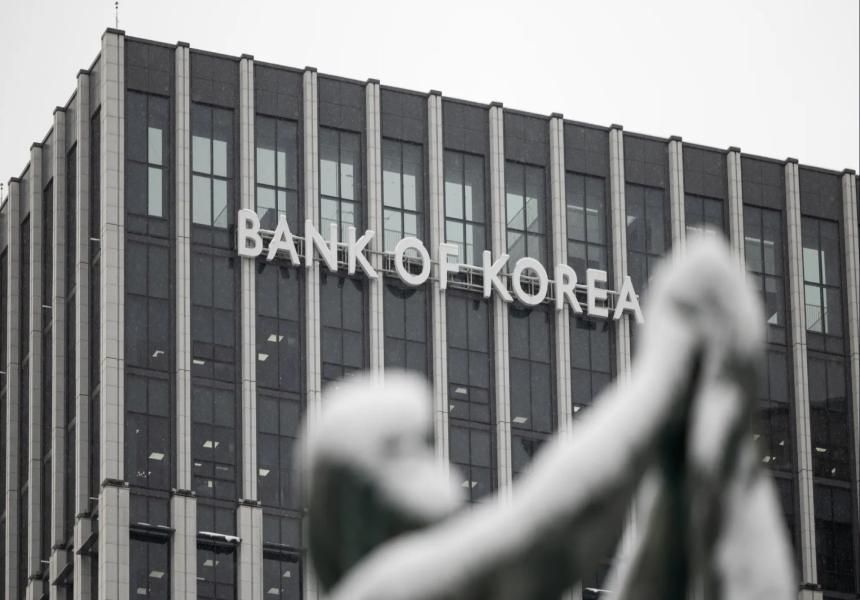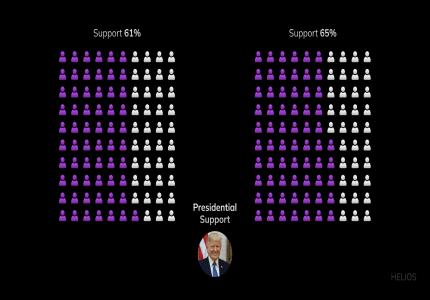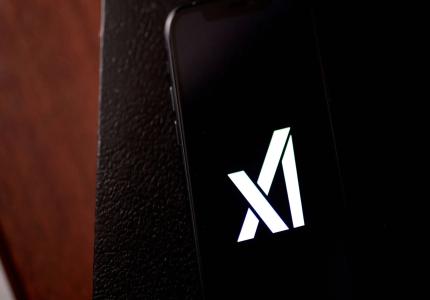
Bank of Korea Set to Trial Digital Won with 100,000 Participants in Ambitious Hangang Project
In a move that signals a significant shift towards digital finance, the Bank of Korea (BOK) has announced an extensive pilot program for its Central Bank Digital Currency (CBDC), known as the Digital Won. Dubbed the "Hangang Project," the trial is set to run from April to June 2025 and will involve a broad collaboration across Korea’s financial landscape.
A Collaborative Effort Across the Financial Sector
The Hangang Project is a collaborative initiative that will see seven of South Korea’s major banks, including Kookmin, Shinhan, Hana Bank, and Woori Bank, playing pivotal roles in the pilot. In addition to these banks, the project is being conducted in close partnership with the Financial Services Commission (FSC) and the Financial Supervisory Service (FSS). This broad coalition underscores the nation’s commitment to modernizing its payment systems and exploring the potential of distributed ledger technology.
Engaging 100,000 Citizens
A key component of the trial is its extensive scale: the digital won will be tested with 100,000 South Korean citizens. Each participant will have a maximum token deposit limit of 1 million won (approximately US$689). This cap is designed to manage risk while providing a realistic environment for assessing the performance and scalability of the CBDC.
Testing the Future of Payment Systems
The primary goal of the Hangang Project is to determine whether distributed ledger technology can effectively replace traditional local payment methods that currently depend on the central bank's reserves. By conducting this large-scale trial, the Bank of Korea aims to gather invaluable data on transaction efficiency, security, and overall usability of the digital won. The outcomes of this pilot could pave the way for a broader implementation of CBDC, potentially transforming the landscape of national payment systems.
Implications for the Future
If successful, the digital won could herald a new era in digital banking and payments, offering faster, more secure, and efficient transactions for both consumers and businesses. This initiative also aligns with global trends, as central banks around the world explore digital currencies to enhance financial inclusion, reduce transaction costs, and streamline cross-border payments.
The Hangang Project represents a bold step forward for South Korea, positioning the nation as a leader in the digital currency revolution. As the trial unfolds over the coming months, industry experts and citizens alike will be closely monitoring its impact, eagerly anticipating the potential benefits—and challenges—that come with such groundbreaking innovation.
Stay tuned for more updates as we track the progress of the digital won and its potential to redefine the future of money in South Korea.





